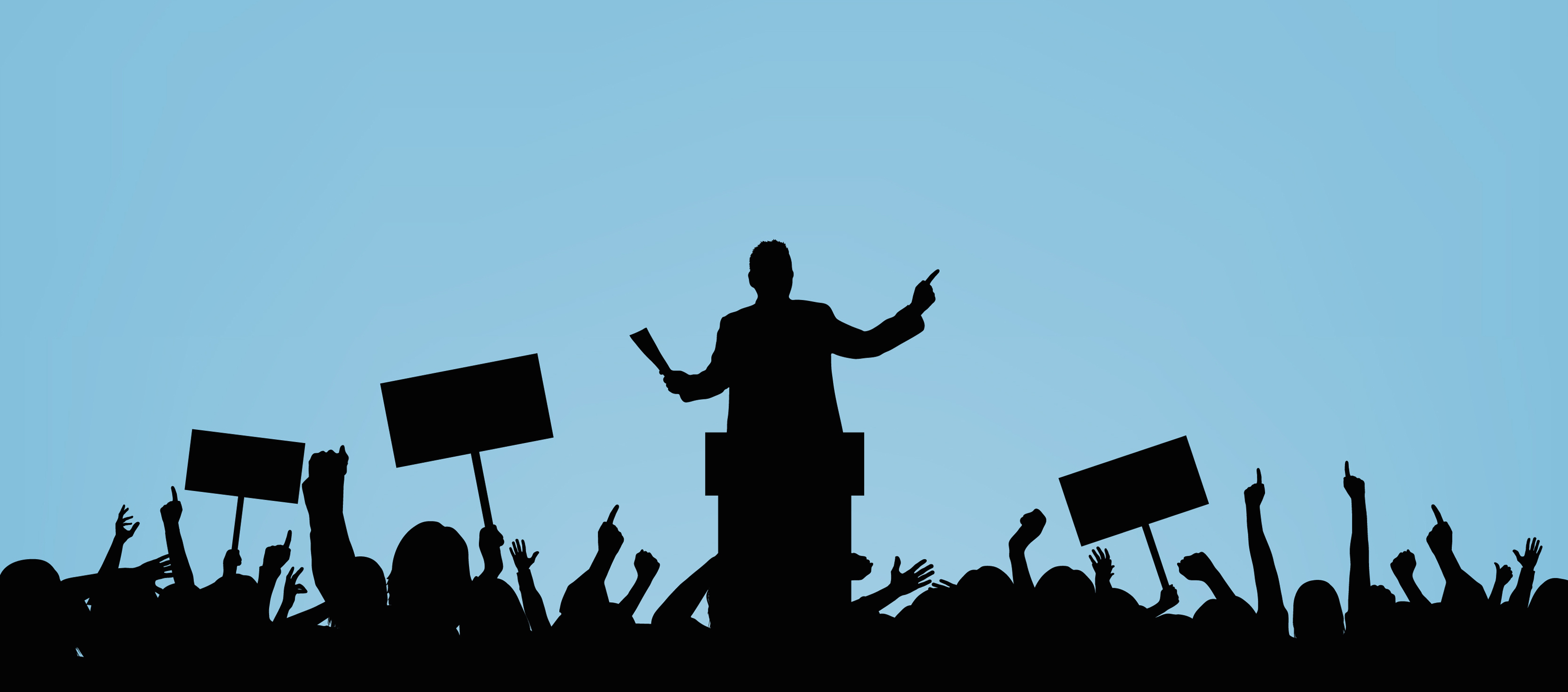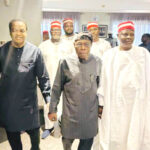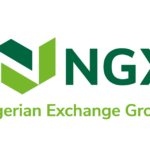Let’s go to Canada, the North American country where the Liberals on Monday won the parliamentary election. With that victory, Prime Minister Justin Trudeau and his Liberal Party got a second chance to lead the country for the next four years, in an election that was called two years ahead of time.
While the Liberals fell short of majority seats in the Parliament by 14 votes less the 170 they need, Trudeau did acknowledge the message in their victory: “You are sending us back to work with a clear mandate to get Canada through this pandemic,” he was quoted to have told his compatriots, who returned him to power.
- Banditry: Northern youths support telecoms shutdown
- Buhari seeks Removal of finance and petroleum ministries from agencies’ board
In Canada, there is a marked difference between the Liberals and the Conservative Party, just as you know the Democrats and the Republicans, in the United States. In Britain, there is no mistake between the Conservative Party and the Labour Party. Each is distinct from the other and when one is in power, Britons know and the rest of the world also knows because their actions, utterances, and especially their policies, show who is in charge.
The Liberals as a political camp are known for their ideology. They believe in the welfare of the citizens, liberal economic policies, equity and justice, among others.
The difference between the Canadian (and indeed other politicians) and Nigerian politicians is that they are led by their ideologies, their beliefs on how the system should be run. They know what they and their parties stand for, and they are committed to them.
The Nigerian case is far from this. In Nigeria, someone could be in Party A in the morning, and by evening he has become a member of Party B. He could be a governor on the platform of B for four years, wins an election for a second term on the same platform, and suddenly discovers that that party is not really a good one. He defects, taking with him the full complement of the state machinery, and goes to the other party.
He or she could be a Senator, or a House of Representative member, who has benefited from the goodwill of the office and suddenly switches to the other party. The receiving party organises a welcome party at which the electoral values of defecting members are celebrated; there the new member recounts how he or she has been longing to come to his or her home.
This has been part of the bane of politics in Nigeria and accounts for the current state of the nation today. It has been largely so since the current dispensation that began in 1999. The two leading parties in Nigeria, the ruling All Progressives Congress, and the People’s Democratic Party have shown to Nigerians that fundamentally, there is no difference between them beyond their names. A law in finance says that two items that are equal in value must sell at the same price. Since PDP and APC can accommodate the same politicians, there is then no material difference between the two. If there is, they should show Nigerians, with convincing evidence.
The rate of defections between the two parties and the speed at which defectors are accepted and even wooed shows there are strictly no ideological differences between Nigeria’s leading parties.
By ideologies here I do not refer to any empty dogmas. I mean thought processes that form the foundations of a group’s actions; they are the objective thinking that guides and coalesces individual thoughts into group thoughts. This is what provides a peg on which interest groups, including political parties, hang their identities and their perspectives to national issues.
This way, a political party’s ideology becomes its identity and therefore differentiates it from other parties in the same polity. It shapes the party’s perspectives on political, national, and economic issues. Even on matters pertaining to public policy, a party’s ideology weighs in, influencing its lines of action, etc. If the party believes in the good of the people, its approach to achieving that end will differ from that of the other party.
Let’s hear Karl Mannheim, from his book: Ideology and Utopia: An Introduction to the Sociology of Knowledge: “We belong to a group not only because we are born into it, not merely because we profess to belong to it, nor finally because was give our loyalty and allegiance, but primarily because we see the world and certain things in the world the way it does”.
Clearly, if there were any ideological differences between PDP and APC, the defection traffic would have reduced or dried up completely. If the two parties were really different, Senator Y from PDP, who has seen the polity the way his or her party has seen it all these years, would be less willing to wake up to announce his or her defection to APC. It would be the same the other way round. It would indeed be difficult for someone to even contemplate such a move, knowing the disdain that awaits him. But it is not so here. Even within the parties, there are hardly any common viewpoints that identify them as parties. They are, to a large extent, irreconcilable interests, each minding his own, chiefly the infrastructure of the stomach.
The truth is that both parties are the same – parties of the bourgeoisie pretending to be socialists. This poverty of ideas is also quite evident on the economic scene, where the economy has been largely directionless. Why not? Thoughts give guidance and shape to policies. Policies meant to direct the economy are supposed to be borne out of thought processes, which themselves derive from underlying ideologies of the state.
What we have mostly is reactionary, knee-jerk measures, which incidentally also do not seem to be built on any known ideology. For instance, what is the economic model of this country? What is APC renowned for and what does the PDP stand for. I am not even talking of political ideology on bigger global issues.
I am talking of basic ideologies on health care, employment, and wages, cost of capital, exchange rate management, education policies, etc. I do hope that the major ideology of Nigerian politicians and their parties is not “individual stomach”. If the country’s leadership does not have any ideology, it may mean that the economy is like a directionless car, with an ignorant driver.
The earlier our political parties made clear their ideologies and live by them, the better it would be for us all, rather than a sheer celebration of decampees, whose trade in politics is purely to profit from every regime, with no patriotic interest.

 Join Daily Trust WhatsApp Community For Quick Access To News and Happenings Around You.
Join Daily Trust WhatsApp Community For Quick Access To News and Happenings Around You.


